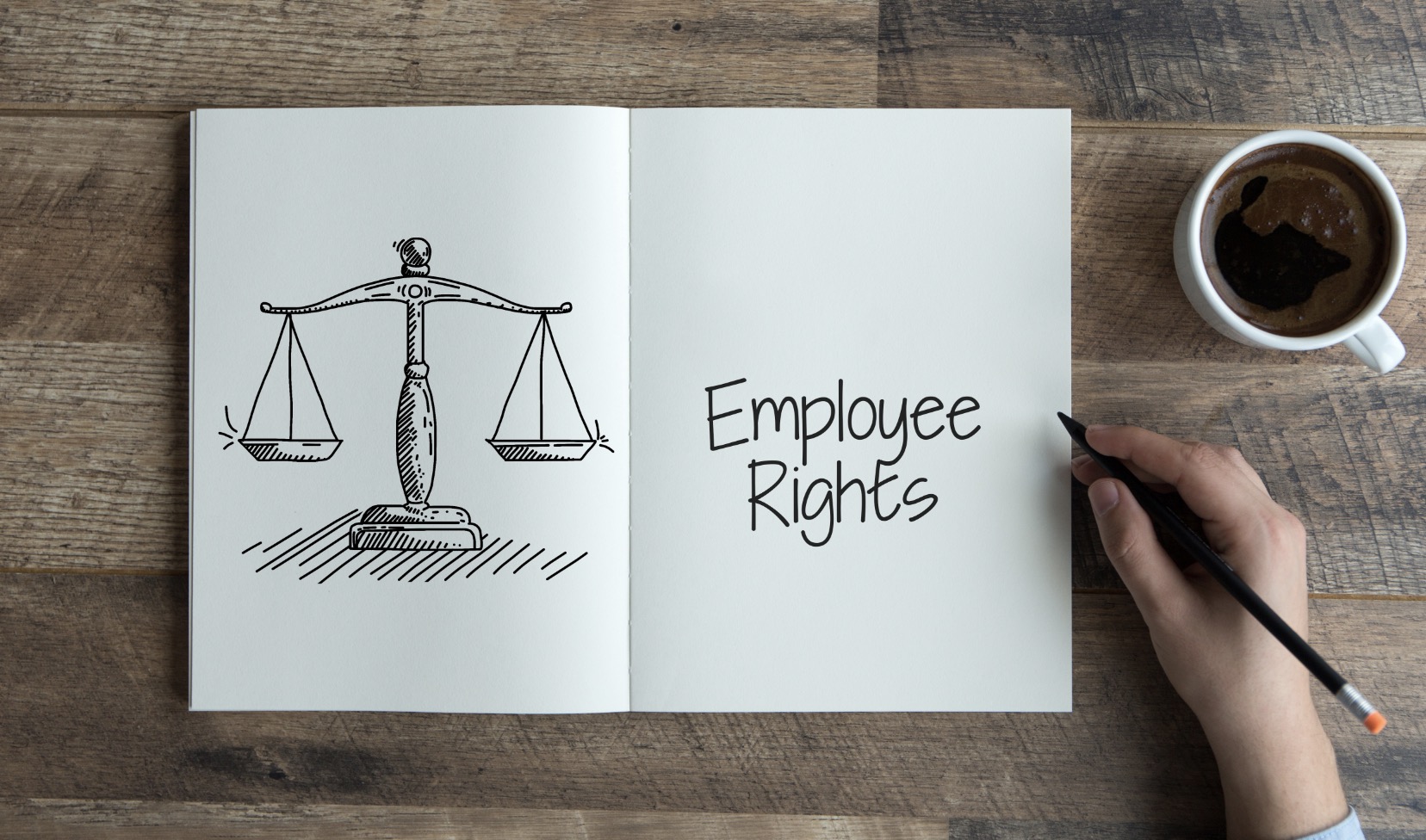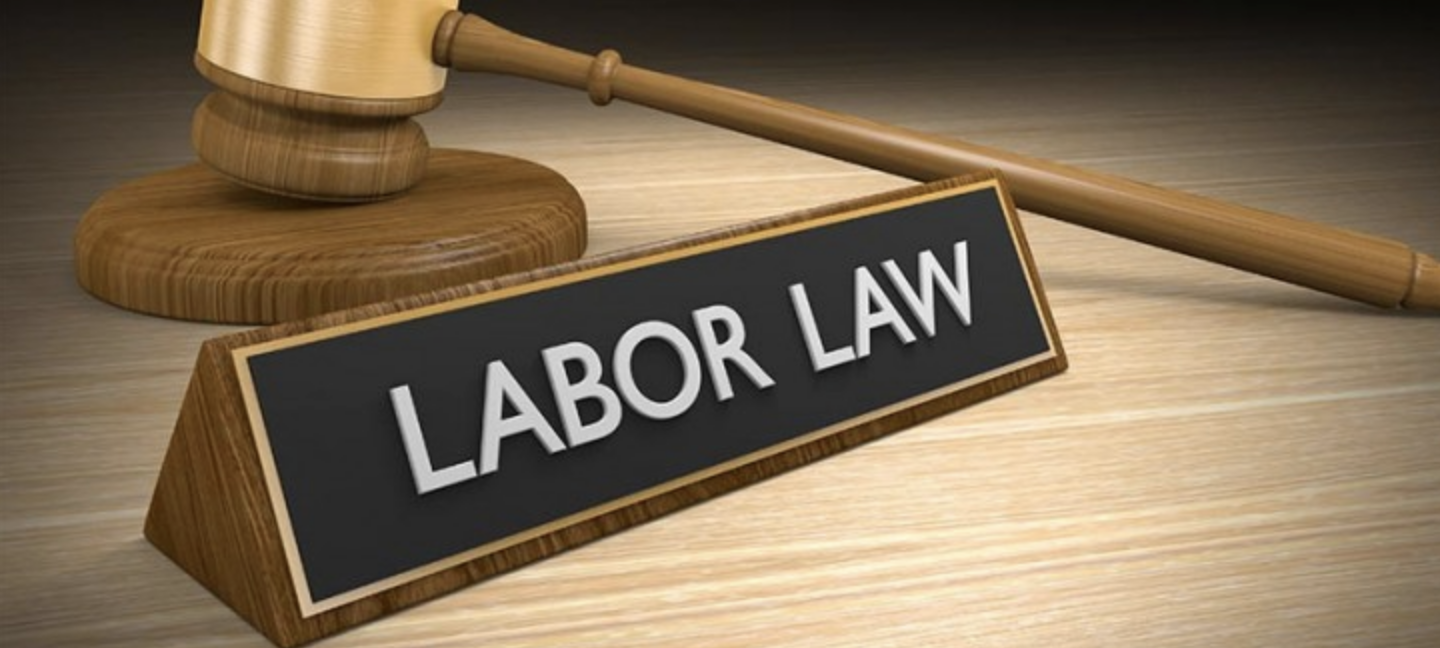[vc_row][vc_column][vc_column_text]Announced Wednesday by the US Department of Labor and published yesterday, a Trump-era rule known as the "Independent Contractor Rule" which limited some workers' rights was rescinded. The Independent Contractor Rule limited the ability of gig workers, contract workers, and employees misclassified as independent contractors to pursue correct classification, minimum wage, and overtime. The US Secretary of Labor says that the goal of the policy reversal is to "preserve essential worker rights and stop the erosion of worker protections".
The Department of Labor listed three main reasons why they are rescinding the rule:
- The rule did not meet the requirements of the Fair Labor Standards Act and rulings by the judicial branch
- The focus on two core factors (control over one's work and one's opportunity for profit or loss based on initiative and/or investment) was not a balanced approach to determining employment relationships
- The rule took too narrow a view to determine worker status










